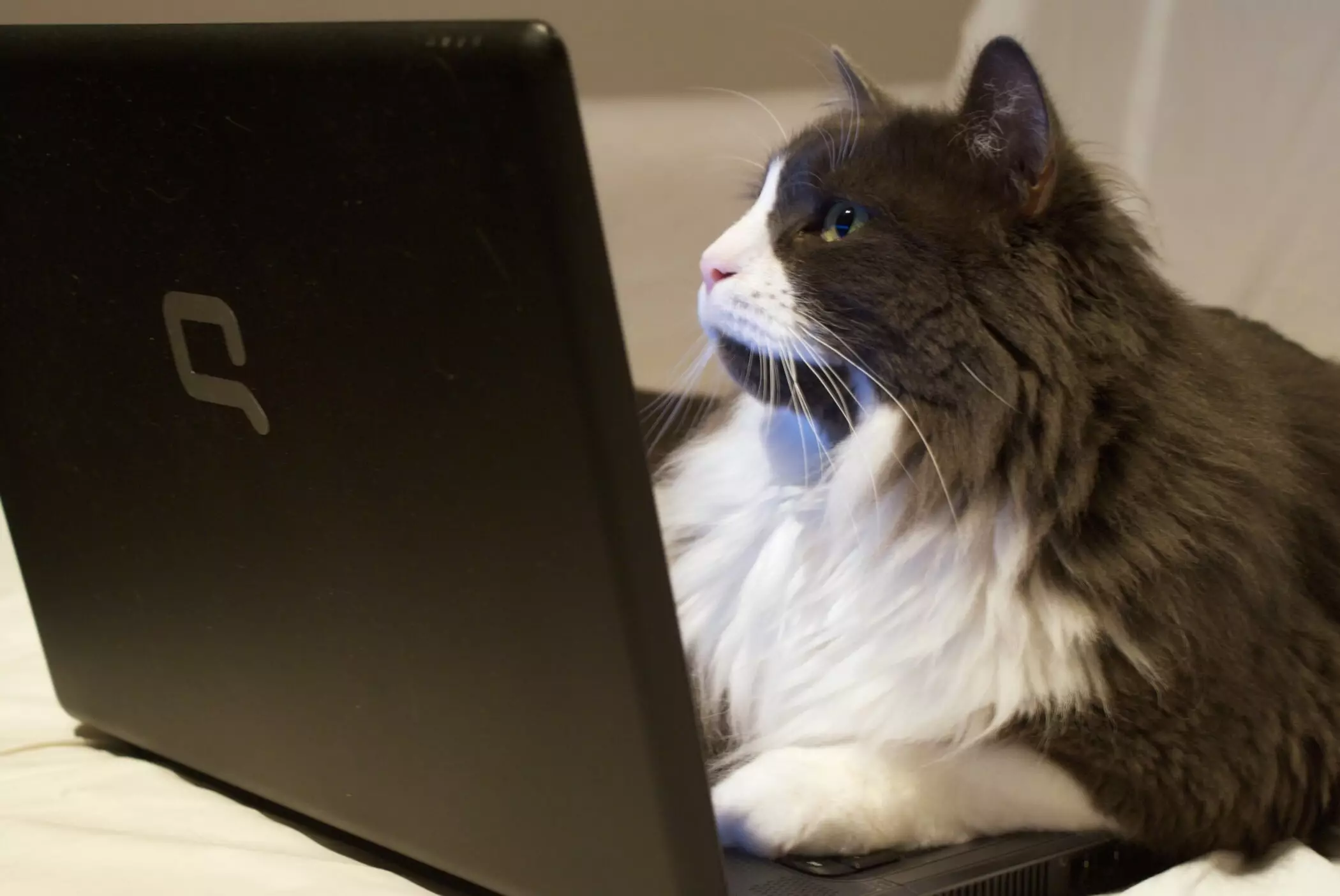In a society that recognizes pets as integral members of our families, the current legal framework surrounding car accidents involving cats is glaringly inconsistent. While the law mandates that drivers report collisions involving dogs, goats, and other livestock, cats are accorded no such protection in the UK. This absurdity has sparked a much-needed movement calling for change, led by Kellie Watson, a grieving cat owner whose kitten was tragically killed in a road incident. The Royal Society for the Prevention of Cruelty to Animals (RSPCA) has joined in advocating for legal reforms that would require drivers to report accidents involving cats. The need for this change is both urgent and essential.
Empathy for Felines
The emotional turmoil felt by pet owners whose cats are struck and left unresolved is profound. Having initiated a petition to make reporting mandatory, Watson’s story resonates with countless individuals whose lives are intertwined with feline companions. Unlike dogs, which often draw attention from legislation and public concern, the fate of cats remains shrouded in neglect. David Bowles, the Head of Public Affairs at the RSPCA, aptly points out the inconsistency in the current laws, emphasizing that “Cats are just as much a part of the family as our canine friends.” The contrast between the treatment of these two species raises questions about societal values and the acknowledgment of the emotional bonds we form with our pets.
Microchipping: A Step Forward
On a positive note, the introduction of mandatory microchipping for owned cats represents a significant leap forward in animal welfare. This legislation, which came into effect in June 2022, ensures that all cats aged over 20 weeks must be microchipped, allowing for easy identification and reuniting with their distressed owners. However, this law does not extend to stray or feral cats, complicating any efforts to report an accident involving these felines. With over 12.5 million pet cats estimated to live in the UK, it is essential to recognize that these laws are not just bureaucratic measures; they serve a higher purpose of healing and closure for families who lose their beloved pets.
Steps to Take After an Accident
The RSPCA advocates for responsible actions by drivers who accidentally hit a cat. If safe to do so, drivers are encouraged to stop, check the cat for injuries, and take the animal to a veterinarian. The urgency to scan for microchips could mean the difference between an owner receiving closure or remaining in the dark about their pet’s fate. Additionally, community efforts such as posting flyers or knocking on nearby doors can help reunite lost cats with their anxious families. In this context, the role of empathy becomes exponentially greater, highlighting the need for collective responsibility and proactive engagement from society regarding the welfare of these animals.
The Path Forward: Legislative Change
To ensure a future where cats receive the same consideration as dogs in traffic-related incidents, legislative advocacy is imperative. The RSPCA’s push for mandatory reporting is not merely a matter of legal compliance; it’s a call for compassion that acknowledges the emotional strains experienced by pet owners. The disparity in how different animals are treated under the law needs to be addressed urgently, pushing for comprehensive reforms that include all pets, regardless of their species.
Furthermore, conversations surrounding animal welfare should not be limited to legal frameworks but should extend to educating the public on responsible pet ownership. Encouraging microchipping is a critical factor in animal welfare, yet it is equally vital to foster a culture of empathy where drivers think twice before speeding through residential areas where these animals roam.
Sparking public discussion around this topic has the potential to galvanize support, portraying not just the plight of cats but also the relationship we share with them. Advocacy groups, concerned citizens, and legislators must unite to amplify this cause, enacting more humane laws that reflect our society’s values and compassion for all living beings.
In these efforts, we stand at the precipice of creating a safer world for our feline companions – one where their lives are equally valued, and where love for pets translates into law.
